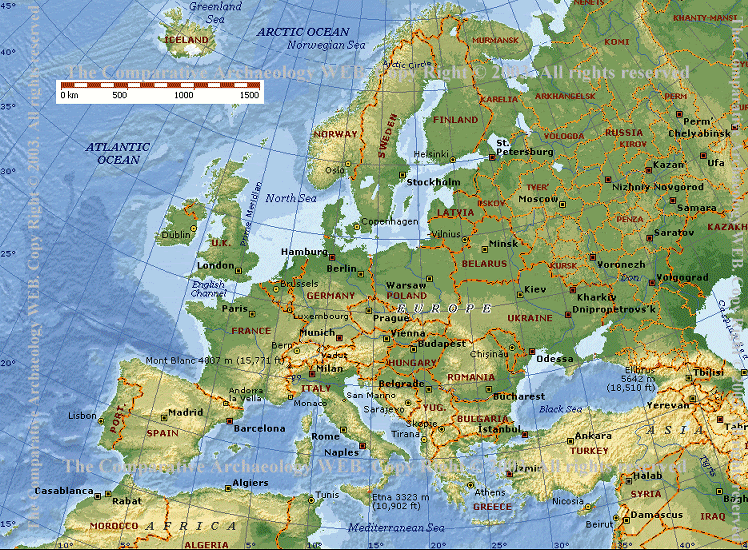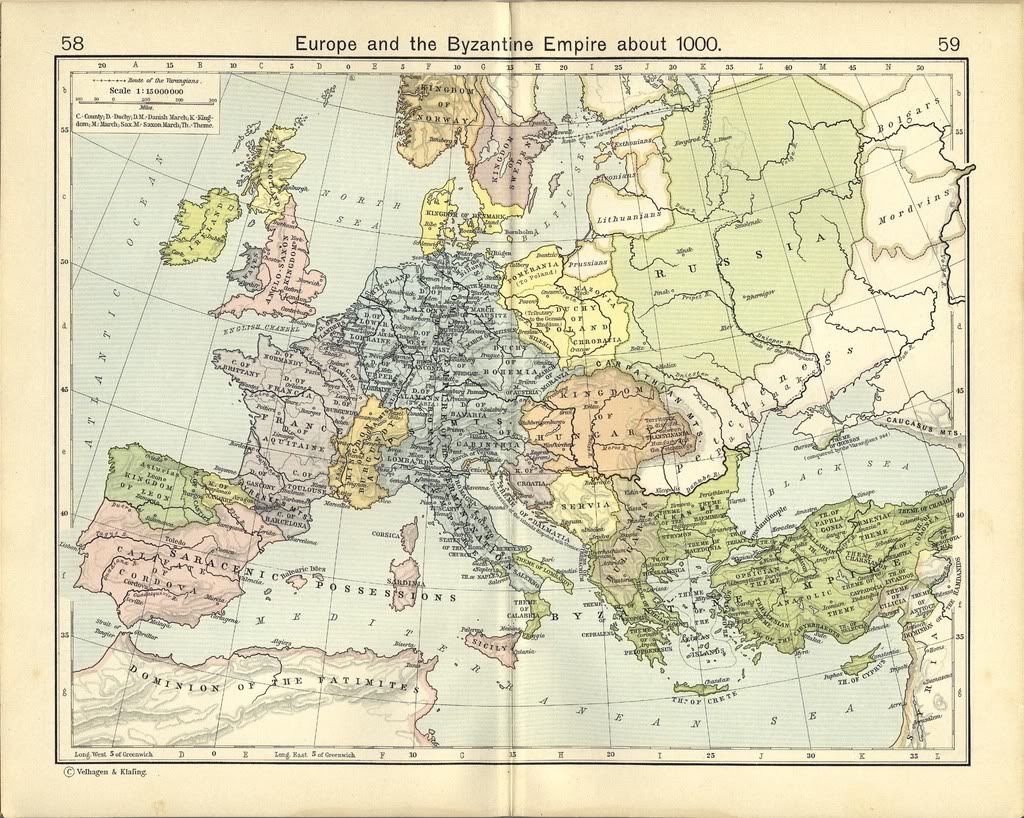MattyG said:
2. Tying Tech to Innovative
However, I would argue that Innovative should not be viewed as a static number. It ought to decrease naturally over time. That which was innovative in 1600 is downright backward by today's standards. So, if we were to tie tech advancement to Innovative levels, then there would need to be tech-group-based events that forced Innovative down and (therefore) forced a player to use DP slider change opportunities to keep it up in order to maintain that tech group. Change, advancement and innovation are a constant state of being, not a final position.
I like this idea. High tech group requires more innovation to maintain.
Alternatively, we have events that take countries with high Inno, and offer to bump them up a tech group in exchange for a big Inno, stability etc drop (within limits of course). Low innovation countries could get events dropping them down a tech group, but then bumping up their innovation. In other words, we effectively extend the innovation slider so that high inno in one tech group is equated with low inno in the next one up.
There is no trigger for tech group. This has sometimes been very frustrating for me. NOW, we can revise the opening "I See You're Playing X" events so there is one for the player, one for the ai. In addition to setting the flag player_run, these events can set a flag which corresponds with that nation's tech group (something obvious like setflag which = orthodox_tech). Whenever a nation switches tech groups, it would clear and set a new flag. In this way, we could at last make events tied to a nation's tech group.
Matty
Yes, that would be the way to do it.
I think we should take a general attitude that countries and regions can move up and down tech groups relative to their 'natural' level, and that European countries may not always be in the highest tech group on the planet. Here's a possible plan:
There are differences in what is plausible based on location, but they are nothing like the vanilla setup:
- Europe, the Mediterranean, the Middle East, and Asia except for the isolated northern/desert/mountainous bits form the 'hub' of civilisation, with the most access to trade of goods and ideas. Here is where the highest tech levels will be found (but there's nothing to say they can't be higher in India than in Scandinavia, say).
- The Americas are initially cut off from the Old World, and have a low population. Opportunities for advancement are thus limited - until Old Worlders arrive. So initial techs will be very bad, but may improve after interaction with 'hub' countries.
- The terrain of sub-Saharan Africa encourages small, isolated states which find it difficult to trade over long distances, especially those which are far from the coast - the jungles and deserts in particular form formidable barriers to inland trade. Even in the 19th century much of Africa remained isolated from more technologically advanced countries. So most sub-Saharan African countries will start low-tech and stay there,
except those states with a coastline and which make efforts to trade with markets on other continents.
In summary, every region should have a 'natural' tech group, and moving outside this is dependent on both internal and external circumstances. Note that Latin is not natural in any region, it can only occur under additional circumstances.
Naturally Orthodox:
- the inner hubs: Mediterranean, Black Sea, Middle East, India, eastern China.
- the part of Europe that has good sea access, but only after a certain level of naval tech is reached: British Isles, France, Low Countries, Iberia, Scandinavia, northern Germany
- Baltic sea, but only if there's likely to be a lot of trade there
- HRE, provided there are still plenty of minors and the place hasn't been totally devastated by war
Naturally Muslim:
- not ideally situated, but still with plenty of trade access: most of the rest of Asia, excluding Siberia but including all the islands; rest of Europe
- African coast, but only if they are in a position to trade with other continents
Naturally China:
- Rest of Africa
- Siberia
- Americas post-'discovery'
- If we have any countries there, Australia and Oceania post-'discovery'
Naturally Exotic:
- Americas, Australia, Oceania pre-'discovery'
On top of this, cultural phenomena will play a role:
Renaissance: +1 tech group
'Innovative' Reformation: +1, but only if you missed out on the Renaissance bonus
Mutazelism (sp?): +1?
Glorious isolation: -1 or -2
etc
Countries which directly neighbour the heartland of a high-tech country should also be able to get within one group of them (subject to conditions such as Innovativeness). Countries which are near an outpost of a high-tech country should have the potential to get within 2 tech groups of them. Examples: Innovative Sahel countries may get up to Muslim, if they border an Orthodox-tech Maghreb country. Native Americans may get up to Muslim, but only Latin-tech outsiders could help them get this high. (The latter may be hard to do exactly as described with events, but we can fudge it and assume most major European colonisers will be Latin, for example.)
Finally, there may be exceptional opportunities and pitfalls for particular countries, such as the Maya. But these will generally need to fit into some kind of storyline.
=======
beregic said:
coming to storyline; last i did scotland( to 1750 only do); most of the scripts in the events made no SENSE to me and especially the choices they gave me. but then again , maybe is just ME


Could you be more specific? It could be a scripting problem (events coming at the wrong time, not working as intended etc) or a design problem (story is too complicated, boring, implausible etc). What do you think needs to be improved?



